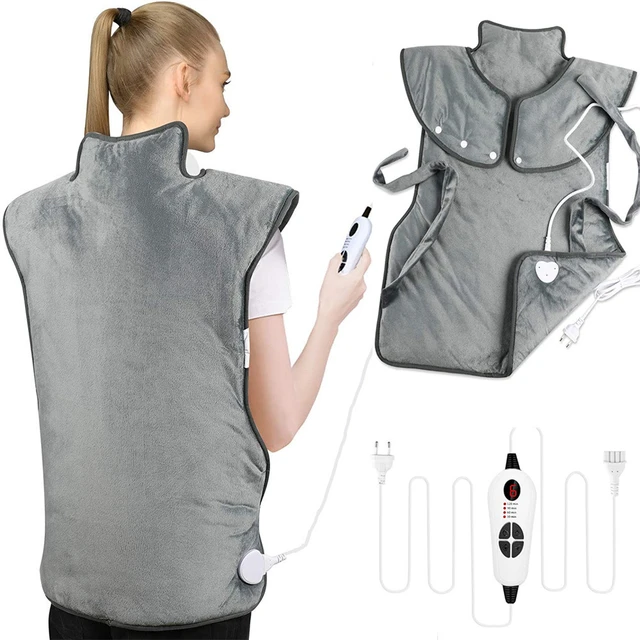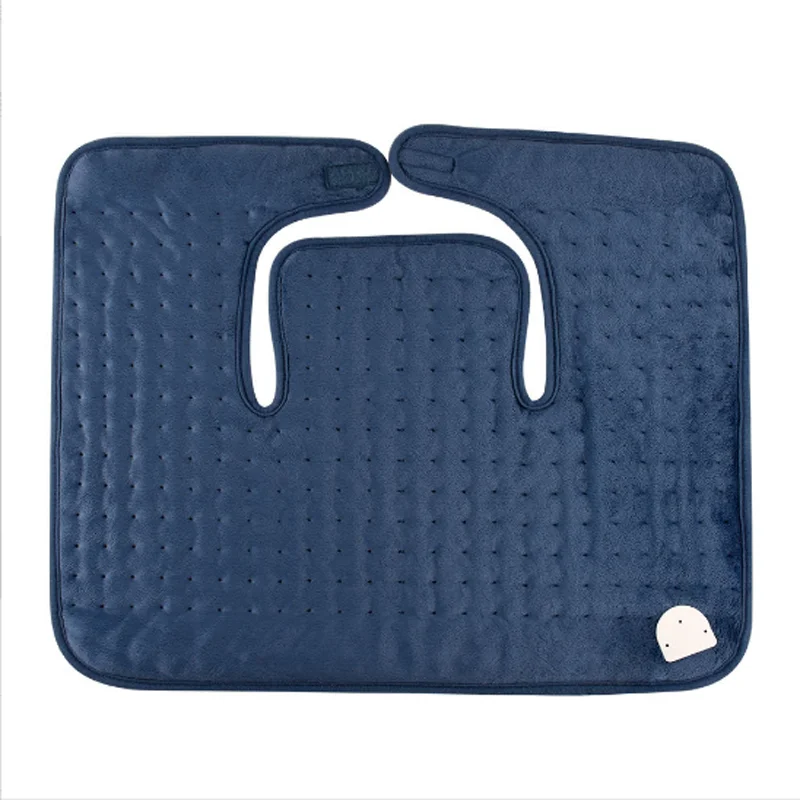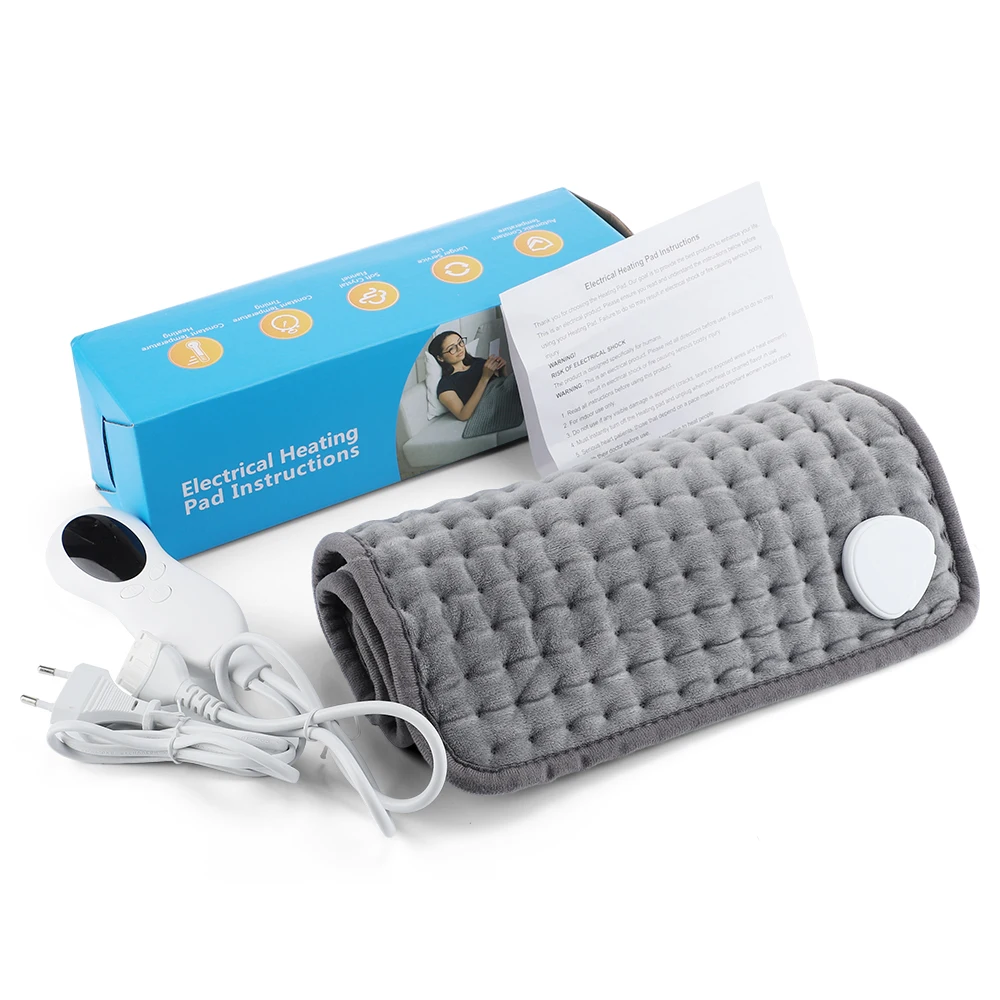Is It OK to Use a Heating Pad While Pregnant: the Guidelines
Introduction to Is It OK to Use a Heating Pad While Pregnant
When pregnant, dealing with body aches is common. Many seek comfort using heating pads. These pads help soothe pains like backaches or joint discomfort. A major concern is whether it’s safe. The overall consensus is yes, heating pads are safe during pregnancy with proper use. One question that many expectant mothers ask is whether using a heating pad is a safe and effective remedy. In this article, we will explore is it ok to use a heating pad while pregnant.
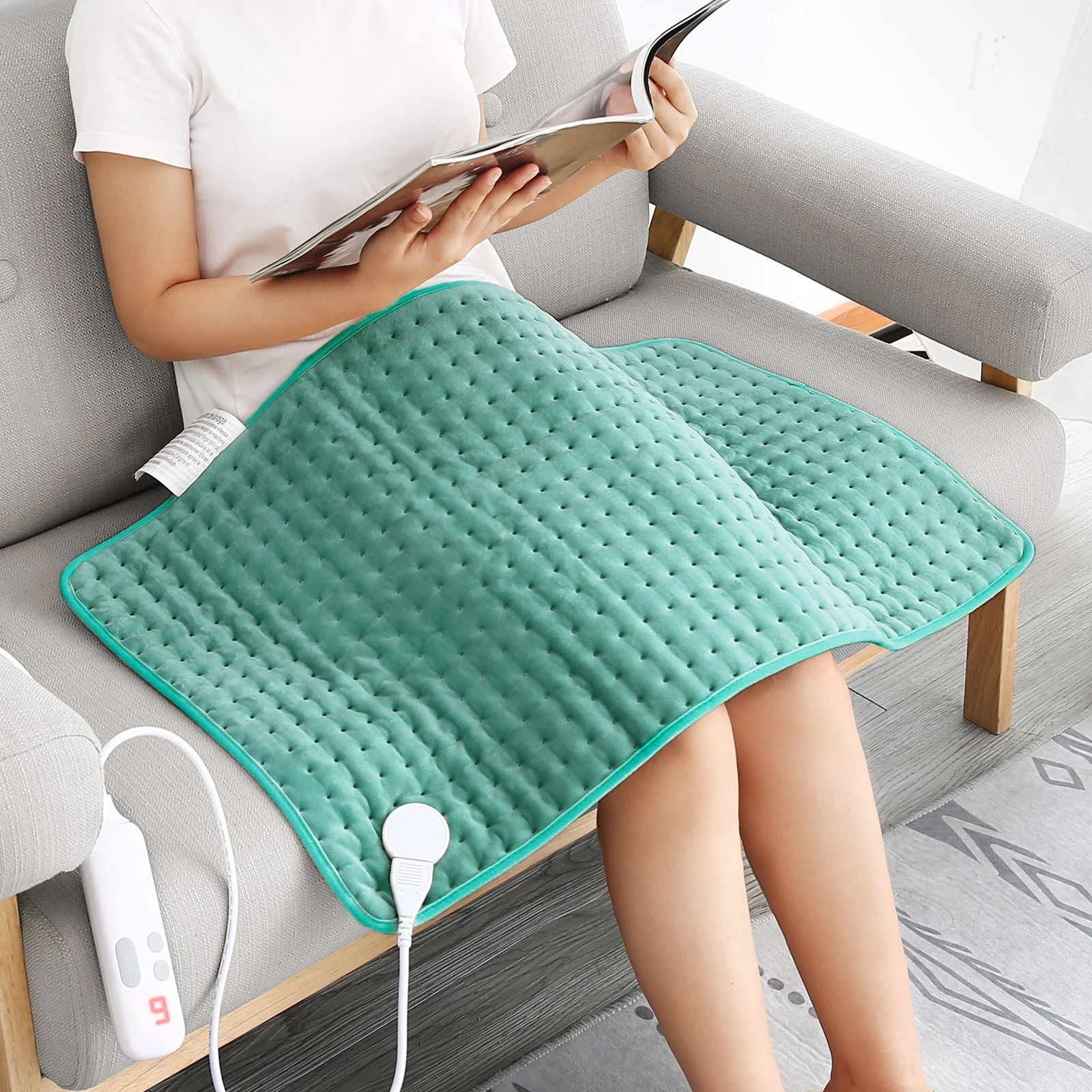
Understanding Pregnancy-Related Body Pain
Pregnancy brings various body pains for expectant mothers. A common issue is back pain, which can become quite severe. This discomfort often arises from hormonal changes. These hormones loosen joints and ligaments preparing for childbirth. Additionally, the growing uterus shifts the center of gravity, causing posture changes. This can lead to strains and painful adjustments.
Weight gain is another contributor to body pain during pregnancy. The extra pounds put stress on the back, hips, and legs, increasing discomfort.
Expectant mothers may also experience pelvic pain. This is due to the relaxation of ligaments in the pelvic area. Such pain may intensify as the pregnancy progresses.
Muscle spasms are frequent too, particularly in the legs. These painful contractions strike suddenly and can disrupt sleep and daily activities. Lastly, round ligament pain is another specific pregnancy-related discomfort. This occurs as the ligaments stretching from the uterus to the groin area stretch.
Guidelines for Safe Usage of Heating Pads
When using a heating pad during pregnancy, safety is paramount. Here are some guidelines to ensure a safe experience:
- Use Heating Pads Sparingly: Limit use to 20-minute sessions. This prevents excessive heat exposure.
- Avoid Direct Skin Contact: Always wrap the heating pad in a towel. Direct heat can cause skin burns.
- Choose Low Heat Settings: Start with the lowest setting. Increase it only if necessary, and monitor your comfort.
- Do Not Use on Abdomen: Focus the heat on your back or sides, not your belly. Direct abdominal heat is risky.
- Monitor Heat Effect: Stop using the pad if you feel uncomfortable or too warm.
- Check for Auto Shut-off: Use pads with auto shut-off features. This reduces the risk of overheating.
- Consult Your Doctor: Before using a heating pad, discuss it with your healthcare provider.
Following these guidelines can help you safely use heating pads and enjoy their benefits without undue risk.
Alternatives to Heating Pads for Pain Relief
While heating pads are a popular option for easing pregnancy pains, there are other methods to consider. Here are some alternatives:
- Warm Baths: Soaking in a warm bath can relieve muscle aches. Make sure the water isn’t too hot.
- Stretching Exercises: Gentle stretches can reduce tension in muscles and improve flexibility.
- Prenatal Yoga: Specific yoga poses are designed for pregnant women to help with body pains.
- Massage: A professional massage or one from a partner can help relieve stress and pain.
- Acetaminophen (Tylenol): This over-the-counter medication is generally considered safe in pregnancy for pain relief.
- Rest: Simply taking a break and lying down can help alleviate discomfort.
- Belly Bands or Maternity Belts: These can provide support and ease back and pelvic pain.
- Cold Packs: They can be used to reduce inflammation and provide relief from pain.
When considering these alternatives, listen to your body’s needs, and if necessary, consult your healthcare provider before trying a new pain relief method.
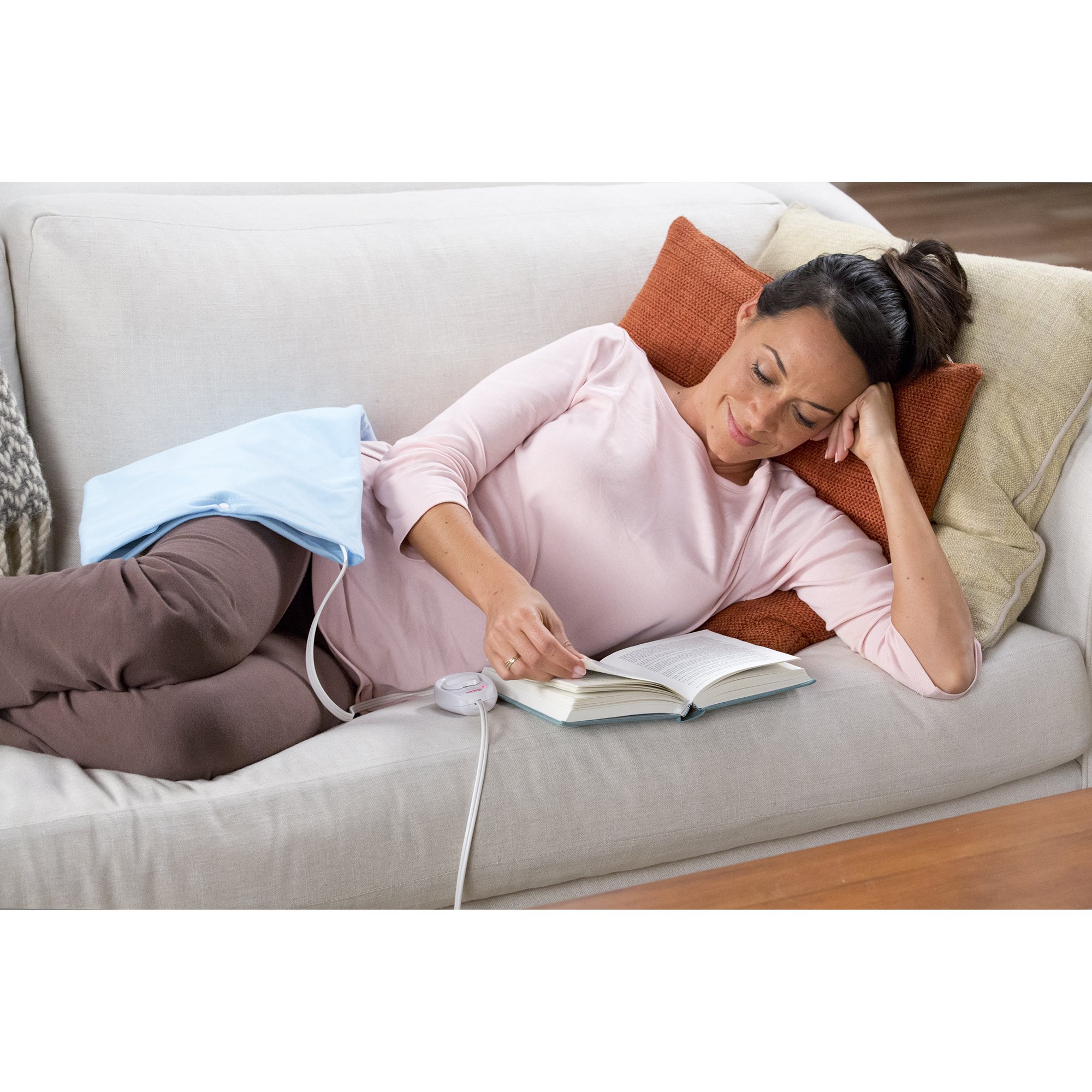 Potential Risks and Considerations When Using Heating Pads
Potential Risks and Considerations When Using Heating Pads
While heating pads can offer relief, they carry some risks during pregnancy. It’s crucial to understand these to ensure the safety of both the mother and the developing baby.
Risks of Overheating
Using a heating pad improperly can lead to overheating. This is risky for pregnant women. Overheating can cause dehydration and fainting. It may also lead to developmental issues in the baby.
Considerations for Use
- Time of Use: Limit the use to short periods. Ideally, 20 minutes at a time to reduce risks.
- Placement: Avoid placing heating pads directly on the belly. Focus on areas like the back or hips.
- Skin Sensitivity: Pregnant women might have increased skin sensitivity. This makes burns more likely. Ensure there’s a barrier, like a cloth, between the pad and the skin.
- Sleep: Never fall asleep with a heating pad on. It might lead to prolonged exposure which can be dangerous.
- Type of Pad: Choose a pad with adjustable heat settings and auto shut-off features. This helps manage heat levels and prevents burns.
Staying aware of these considerations can help you use heating pads safely. Always consult a healthcare provider before starting any new treatment during pregnancy.
Expert Opinions and Medical Recommendations
When considering the use of heating pads during pregnancy, professional guidance is key. Obstetricians often endorse heating pads for mild discomfort. They recommend them for back, hip, or joint pains. Yet, they caution against the use of heating pads on the abdomen. Pregnant women should consult with their healthcare providers for personalized advice.
Consult with Healthcare Providers
Before using a heating pad, talking to a doctor is essential. They can provide specific instructions based on individual health needs. They can also ensure the use of heating pads won’t interfere with the pregnancy.
Follow Product Instructions
Doctors recommend using heating pads that meet safety standards. Features like auto shut-off and adjustable settings are important. They help prevent burns and overheating. Always read and follow the product instructions closely.
Understand the Limits
Medical experts advise using heating pads for short periods. Ten to twenty minutes is often the suggested limit. This minimizes the risk of raising core body temperature too high.
Recognize the Signs of Overheating
Pregnant women should be aware of overheating symptoms. These include sweating, dizziness, and discomfort. If any of these occur, stop the heat immediately and cool down. Experts emphasize the importance of listening to your body.
By following the advice of healthcare professionals and using common sense, pregnant women can safely incorporate heat therapy into their pain management routine. It’s part of a comprehensive approach to prenatal care, where the well-being of both mother and child is the top priority.
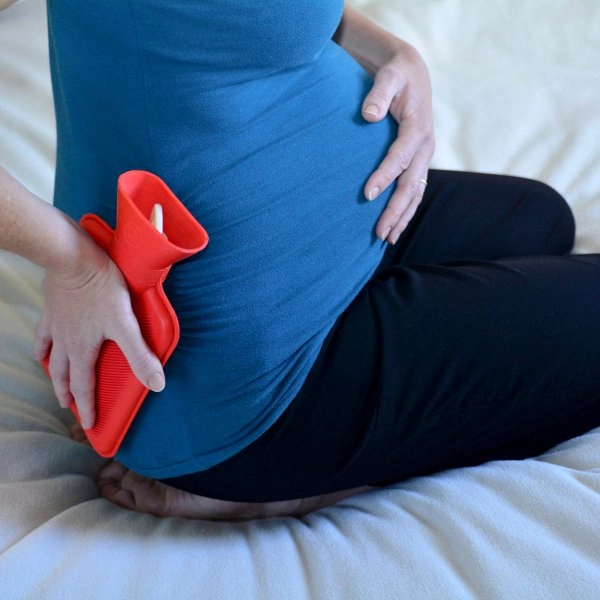 Tips for Comfortably Incorporating Heat Therapy
Tips for Comfortably Incorporating Heat Therapy
Incorporating heat therapy into your pregnancy care can be comforting and effective. Here are tips to do it comfortably:
- Use Heat Wisely: Apply heat only when needed. Choose times when your pain is most intense.
- Go Low and Slow: Set heating pads on a low setting. Gradually increase the warmth if necessary.
- Stay Hydrated: Drink plenty of water while using heat therapy. This helps prevent dehydration.
- Move the Pad Often: Shift the pad’s location to avoid extended heat on one area.
- Watch the Clock: Keep track of time to avoid using the pad for too long.
- Stay Alert: Be attentive to how your body responds to the heat. Stop if you feel too warm.
- Use Quality Pads: Pick heating pads with safety features like auto shut-off.
- Layer Up: Place a cloth between your skin and the pad to protect sensitive skin.
By following these tips, you can enjoy the benefits of heat therapy safely during pregnancy.
Conclusion: Is It OK to Use a Heating Pad While Pregnant
To summarize, while heat therapy through the use of a heating pad can provide relief for various aches and pains during pregnancy, caution is warranted. It’s critical to avoid high temperatures and to use the pad for limited durations. Additionally, consulting your healthcare provider remains essential to ensure the technique aligns with your specific health needs. Therefore, if you find yourself grappling with the question, “Is it ok to use a heating pad while pregnant?” consider the recommendations mentioned in this article and prioritize your safety. Remember, the journey of pregnancy can be challenging, but with the right strategies in place, you can navigate discomfort more effectively.
